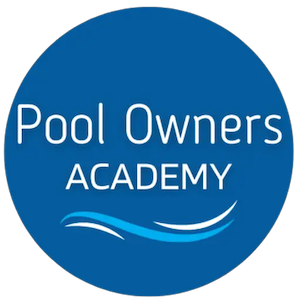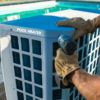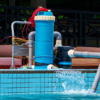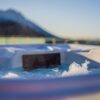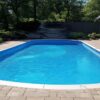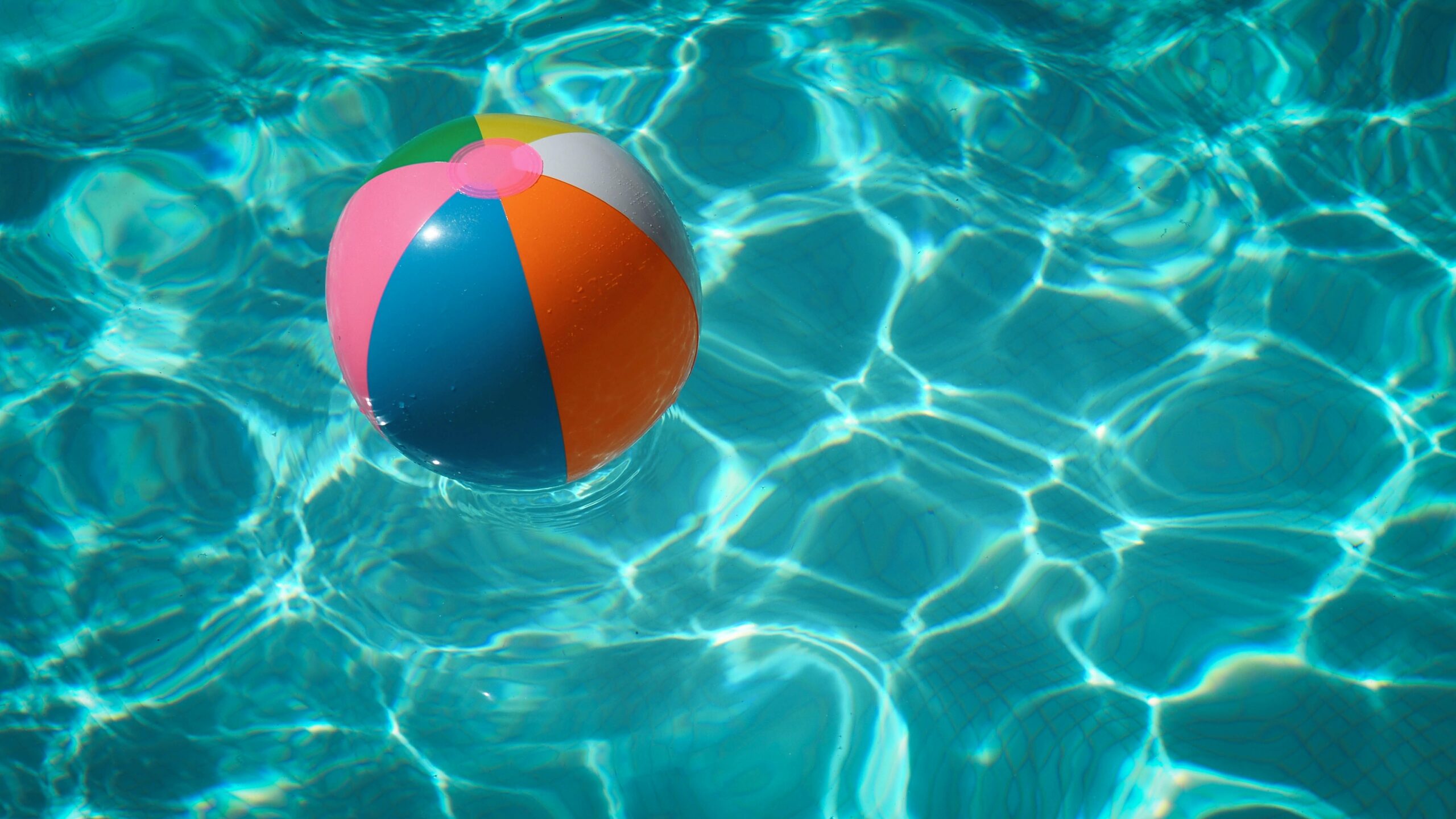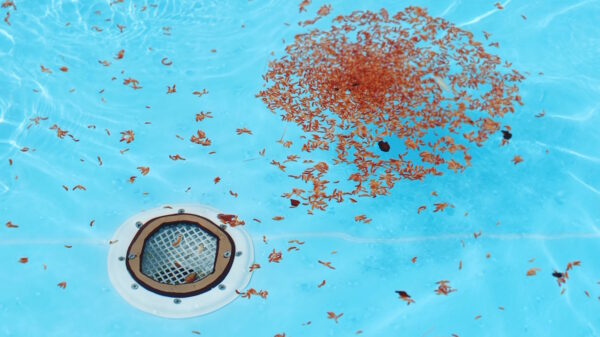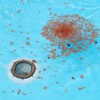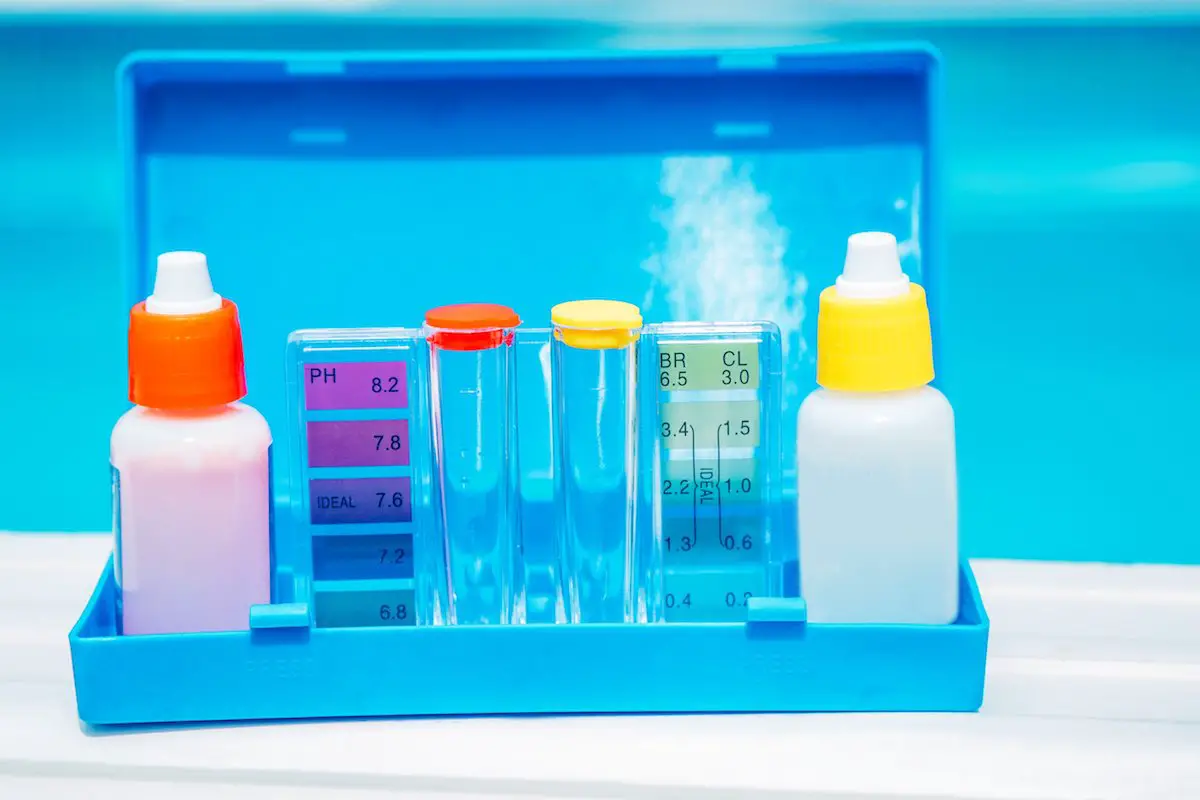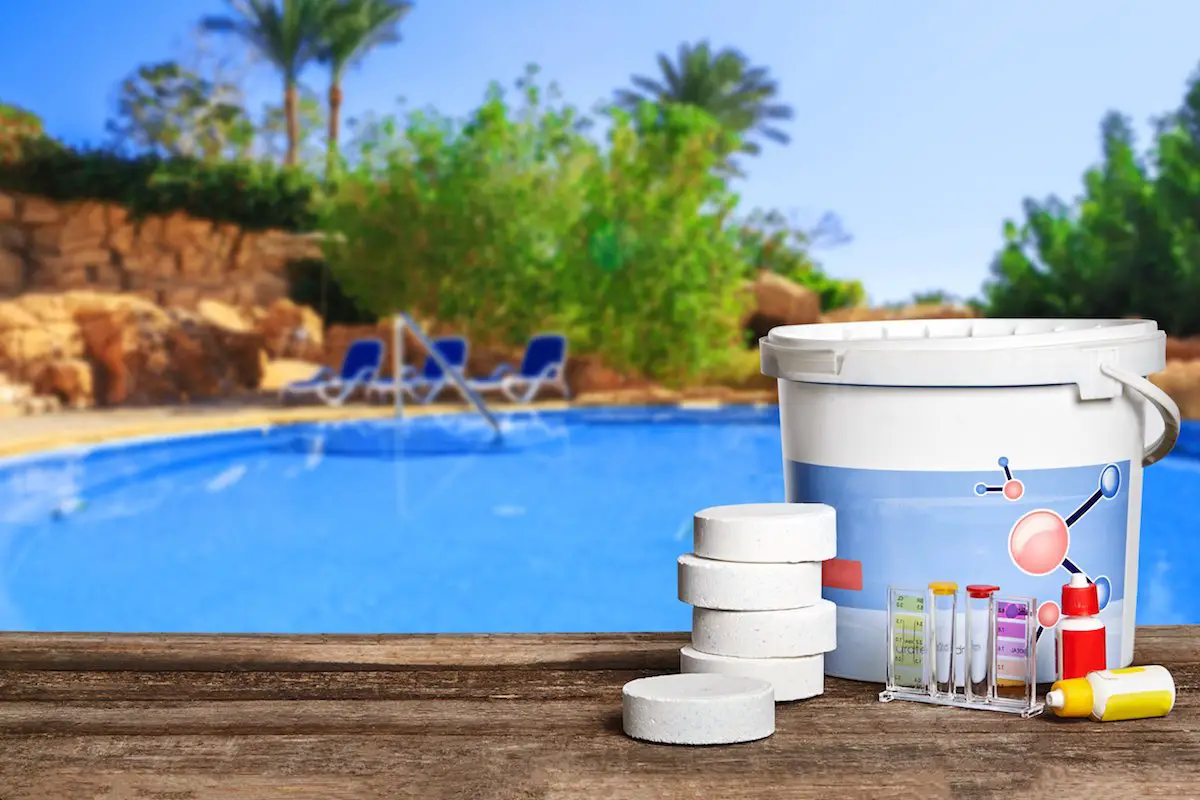The Ultimate Guide on How To Keep Pool Clean
There’s nothing more relaxing than swimming in a clean pool. It’s nice to have clear water that you can swim around in without worrying about getting dirty or itchy.
So, how do you keep a pool clean? There are many ways to maintain the cleanliness of your pool. The most effective and time-efficient way is to use pool chemicals. It is recommended to get yourself a test kit so you can check the water regularly. Then add chemicals accordingly, instead of using the generic premeasured solutions that may or not be suited for your pool’s water chemistry.
Keep reading to learn more about the best way to keep your pool clean!
Chemicals
One of the most popular ways to keeping a clean pool is by using pool chemicals. These include chlorine, shock, algaecides among other things. Every chemical has its own function in keeping the water clean and safe from contaminants. It’s best if you know what they do before adding them into your pools. Here are some of the most popular ones:
Chlorine Chemical Use
 Chlorine is the most common pool chemical used by many people because it is very effective in killing off bacteria and microorganisms. To use, check your pool’s water chemistry to determine how much chlorine you will need.
Chlorine is the most common pool chemical used by many people because it is very effective in killing off bacteria and microorganisms. To use, check your pool’s water chemistry to determine how much chlorine you will need.
The more contaminated with other chemicals your water is, the less chlorine you will need for a successful treatment.
For heavily polluted water that needs a shock treatment, add 1 lb of chlorine powder per 10,000 gallons of pool water (this may vary according to local regulations). Mix thoroughly until dissolved and test the pH level.
Chlorine should have little effect on the pH level, but if too high or too low add one cup of muriatic acid or sodium bisulfate per 10,000 gallons respectively until desired pH level is achieved. The average dosage to maintain an adequate chlorine level is 1 ppm (part per million). When the water temperature rises above 90°F, add more chlorine as it evaporates at a faster rate. Also, if you are unsure get a test kit and check for yourself.
Shock Chemical Use
To shock your pool thoroughly, add up to 5 gallons of stabilized chlorine bleach or calcium hypochlorite powder per 10,000 gallons of water during peak season when heavy swimming is common. Mix well until dissolved and wait 15 minutes before rinsing off with clean water. This process also kills any algae that may have grown on your pool walls and the chlorine will help keep it away for a while.
Algaecide Chemical Use
Algae is tough to get rid of as they multiply quickly. If you notice that your pool has green or grey algae growing on its walls, then it’s time to get out the algaecide! Add 1½ oz (¼ lb) per 10,000 gallons (this may vary depending on local regulations). Mix thoroughly until dissolved and then add an additional 3-4 oz for heavily polluted water.
Check your pool’s water chemistry after a few hours and then every 2-4 hours for an hour or so to see if the levels have been reached. Once enough algaecide has been added, then the water should turn clear in 2-4 days. If the pool still remains green, then add another dose and repeat the process.
Leeching Chemicals
Though chlorine is one of the best ways to keep your pool clean, it can be harmful to your skin if you’re not careful. Some chemicals like bromine and cyanuric acid are better alternatives as they don’t irritate your skin and hair a much as chlorine does. Another way is by using leeching agents like dispersants or sequestrants. These compounds help prevent metals and minerals from binding with the molecules in your water so that they can be eliminated easily through evaporation (leeching).
The most common one used is polymeric sequestrant. It works great for weekly maintenance and helps keep your water clean by eliminating metal ions like copper, zinc, iron among others (as long as levels are not too high). Best of all, they are nonvolatile so you don’t have to worry about them evaporating.
Some of these may be harmful to you and/or your pets. Make sure that you read up about them first before using them! Using the above products will help you maintain a clean pool. If all else fails then it’s time to add the good, old fashion elbow grease. Which can be in the form of pool sweepers and cleaners. Good luck!
How To Keep Pool Clean Using Natural Methods
There are also many ways to clean your pool without having to use chemicals, these include:
Natural Pool Sweepers & Cleaners Use
Depending on what type of cleaner you want, there are a variety of different options for making one yourself. You can also purchase one online or at stores nearby.
Some examples of homemade pool cleaners include:
- Plastic bottle + salt inside; 1 cup salt + ½ tsp dish soap in 3-4 liter water
- Baking soda + vinegar + paprika powder (add more baking soda if you’re low on it)
Natural Pool Cleaning Products and Maintainers
There are also pool cleaning products that can be made out of regular household items, these include:
Natural Pool Cleaning Maintainer Agent Use
- 1 liter of hydrogen peroxide + 2 cups lemon juice = natural pool cleaning and algaecide agent; 1 cup baking soda + 1 tbsp Listerine mouthwash in 3 liters water = another good pool cleaning and pool maintenance agent
Natural Pool Water Clarifiers Use
Using natural agents to clean your swimming pools is useful, but it doesn’t remove the foreign objects in it like leaves, algae, or even dead bugs. To do this you need to have an active algae magnet that will catch them for you so they don’t get stuck on the sides of your pool walls or floor anymore include:
- Homemade Method #1: Soak a sponge in lemon juice overnight, then let it dry out the next day and stick it on your pool brush = natural water clarifier;
- Homemade Method #2: Boil 1 liter of brown rice for 30 minutes and soak a sponge in it until cool enough to touch, put this on your pool brush and you have an active algae magnet that will catch all foreign objects from your pool
How to Keep a Pool Clean – Swimming
Swimming is a very popular activity for many people around the world and they spend a lot of money just to keep up with its maintenance. From swimsuits to chlorine sanitizer, wouldn’t it be more practical if we can use less effort and get better results? Well, you may not know this but there are lifeguards out there who clean pools using only their feet! It’s called bodysurfing and here’s how it works:
Bodysurfing Non-Chemical Use
This pool cleaning method doesn’t use any chemicals. It doesn’t require any special equipment at all. What you need is a pair of swim fins. They help you get the best bodysurfing results. In addition to that, the pool swimmers commonly have also reported experiencing faster breathing rates in open water after using them. It’s natural: when you are bodysurfing, your feet will sink to the bottom of the pool which allows more air to enter your lungs while you breathe deeper and faster than if you were swimming on top of the water without fins.
As mentioned earlier, this method doesn’t require anything but a lot of energy. This means physical effort from you so make sure you are physically fit before even trying this method. To start bodysurfing, you need to make sure that your pool has a smooth bottom side without any slippery surfaces except at the very end of it. This way will allow you to slide on it and move freely toward the other end of the pool.
Bodysurf Pool Cleaning Benefits
Your body will make contact with all 4 sides of your swimming pool in a single stroke. This will give a more thorough cleaning as compared to regular swimming where we only go back and forth like how most people do while doing laps inside their pools.
Keeping Your Pool Clean Is Worth The Labor
Cleaning a pool is not something you can just do overnight because it would take up too much money, time, and effort for one person. Swimming pool owners know very well that putting in the time and effort to clean their pools is a great investment. It can help them prolong the pool’s life while maintaining its value.
Regular cleaning will keep viruses, bacteria, algae, and parasites from breeding inside your swimming pool. This will reduce worrying that your guests could get ill from being exposed to these contaminants in the water.
Swimming may be fun. However, cleanliness must come as a top priority if you want to avoid all kinds of complications like infections, rashes, and even more serious illnesses that are caused by water-borne microbes. Another good reason why regular cleaning should be done is that people swim in it!
We all know that our bodies produce waste materials like sweat as well as oil from our hair. The oil can easily accumulate in the water. This is why chlorine is used to prevent this from happening. When chlorine is introduced into the water chemical reactions happen to cause the bad bacteria to die. It also off kills germs and other contaminants. If cleaning your swimming pool is becoming too difficult, consider hiring a local professional to take care of this important task!
